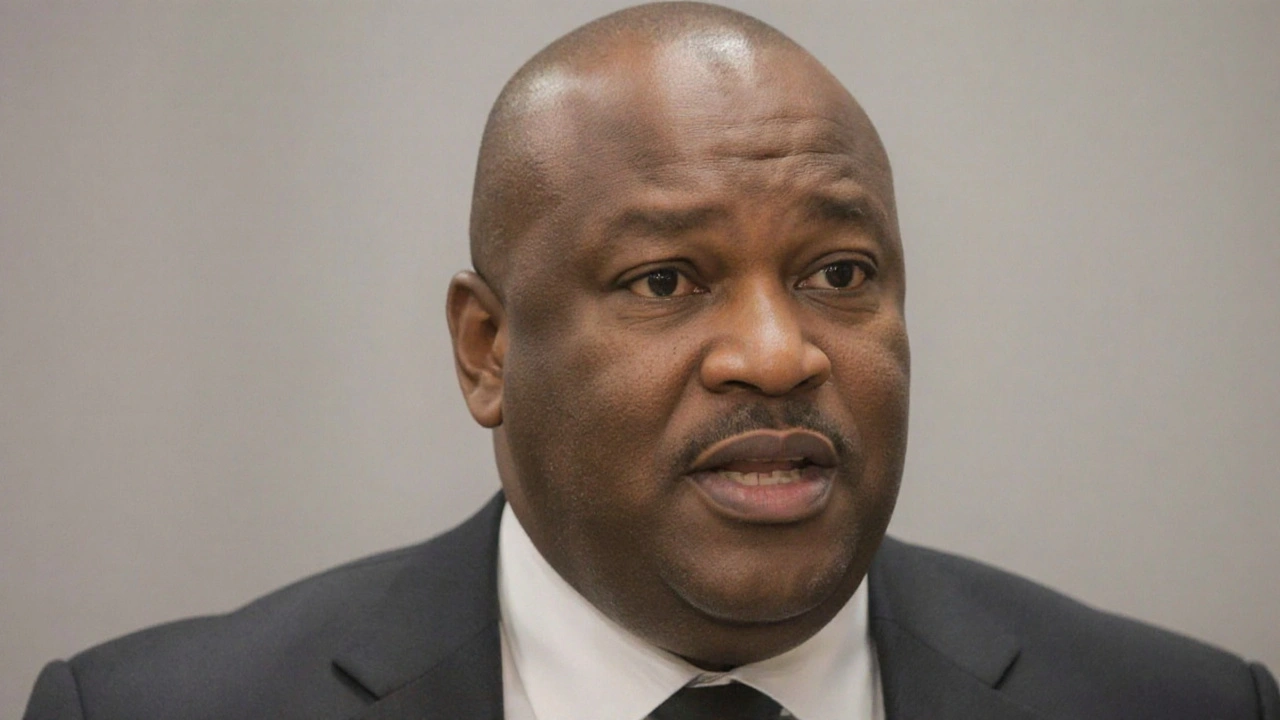Every day we hear headlines about racism allegations popping up in politics, sports, workplaces and schools. It can feel overwhelming, especially when the stories are packed with legal jargon and heated opinions. This guide cuts through the noise, giving you a clear picture of the most talked‑about cases in South Africa and simple ways to keep yourself in the loop.
Two main forces are driving the spike. First, social media amplifies every incident, so a comment that would have stayed local now reaches millions. Second, new laws and corporate policies demand that organizations investigate and report any claim of discrimination. When a university or a football club faces an allegation, it has to go public, and the public reacts.
Take the recent controversy at a major university where a professor was accused of making racially charged remarks in a lecture. Students organized a petition, the media ran the story, and the university launched an internal probe. The case didn’t just stay on campus – it sparked a national debate about academic freedom versus hate speech.
1. Sports Teams: A top‑tier rugby club faced backlash after a player posted a meme that many called racist. The club suspended the player, issued a public apology, and promised cultural‑sensitivity training for all staff. Fans are now watching how the team handles the fallout.
2. Corporate Sector: A banking giant was sued for allegedly promoting a Black‑owned business unit while secretly limiting its funding. The lawsuit is still in court, but the bank has already set up an independent review board to restore trust.
3. Government Programs: A grant distribution agency was accused of favoring certain racial groups in its award process. After a whistle‑blower report, the agency halted the current round, re‑trained its staff and opened a public comment period for future criteria.
Sign up for daily newsletters from reputable local news sites – they usually have a short “what you need to know” section at the bottom of each email. Follow journalists who specialize in social justice; they often break stories before they hit the mainstream.
Use social media wisely. Follow the official accounts of watchdog groups and legal aid clinics. When you see a trending hashtag, check the source – a verified newsroom or a recognized NGO is more reliable than an anonymous post.
If you witness a possible racism incident at work or school, document what you saw: date, time, exact words, and any witnesses. Report it through the proper channel – HR, a dean’s office, or a union representative. Even if you’re unsure whether it fits the legal definition, reporting helps create a record.
Support those who come forward. A simple “I’m here for you” can make a big difference. Share resources like free legal advice hotlines or mental‑health counselors that specialize in trauma from discrimination.
Racism allegations are likely to stay in the news for a while. By staying informed, checking facts, and knowing how to act, you become part of the solution instead of just a by‑stander. Keep reading, keep questioning, and don’t let the noise drown out the facts.
